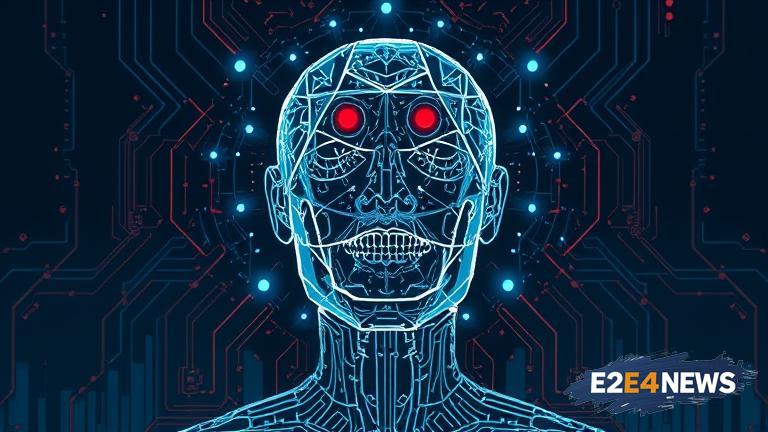The topic of artificial intelligence has been a subject of interest and debate in recent years, with many experts weighing in on its potential to replace human intelligence. While AI has made significant strides in mimicking human-like conversations and tasks, the question remains whether it can truly replicate the complexity and nuance of human thought. According to a recent article, AI has become increasingly sophisticated, with some models able to generate human-like text and engage in conversation. However, the author argues that despite these advancements, AI is still far from truly replacing human intelligence. One of the main limitations of AI is its lack of creativity and originality, as it is limited to generating content based on existing data and patterns. In contrast, human intelligence is capable of producing entirely new and innovative ideas. Furthermore, AI lacks the emotional intelligence and empathy that is inherent in human interactions, making it difficult for machines to truly understand and connect with humans. The author also notes that while AI can process vast amounts of data, it is still limited by its programming and algorithms, whereas human intelligence is able to think outside the box and make connections between seemingly unrelated concepts. Additionally, the article highlights the importance of human intuition and instinct, which are essential components of decision-making and problem-solving. While AI can analyze data and provide insights, it is unable to replicate the gut feelings and instincts that often guide human decision-making. The author also touches on the topic of job displacement, noting that while AI may be able to automate certain tasks, it is unlikely to replace the need for human workers entirely. In fact, many experts believe that AI will actually create new job opportunities and augment human capabilities, rather than replacing them. The article also discusses the potential risks and challenges associated with AI, including the potential for bias and discrimination in AI decision-making. To mitigate these risks, it is essential to develop AI systems that are transparent, accountable, and fair. Ultimately, the author concludes that while AI has the potential to revolutionize many aspects of our lives, it is still far from truly replacing human intelligence and creativity. As AI continues to evolve and improve, it is essential to prioritize the development of systems that complement and augment human capabilities, rather than replacing them. The future of AI is likely to be shaped by the intersection of technology and human values, and it is up to us to ensure that AI is developed and used in ways that prioritize human well-being and dignity. The article also notes that the development of AI is a global effort, with researchers and experts from around the world contributing to its advancement. In the United States, for example, there are many initiatives and programs aimed at promoting the development of AI and ensuring that its benefits are shared by all. The author also highlights the importance of education and training in preparing workers for an AI-driven economy. By providing workers with the skills and knowledge they need to work effectively with AI, we can ensure that the benefits of AI are shared by all. In conclusion, the rise of AI is a complex and multifaceted topic, with both opportunities and challenges. As we continue to develop and refine AI systems, it is essential to prioritize human values and ensure that AI is used in ways that complement and augment human capabilities. The future of AI is likely to be shaped by the intersection of technology and human values, and it is up to us to ensure that AI is developed and used in ways that prioritize human well-being and dignity. The article also notes that the development of AI is a rapidly evolving field, with new breakthroughs and advancements being made regularly. As such, it is essential to stay informed and up-to-date on the latest developments in AI, and to be aware of the potential risks and challenges associated with its development and use. By doing so, we can ensure that AI is developed and used in ways that benefit society as a whole, and that its potential is realized in a responsible and ethical manner.
